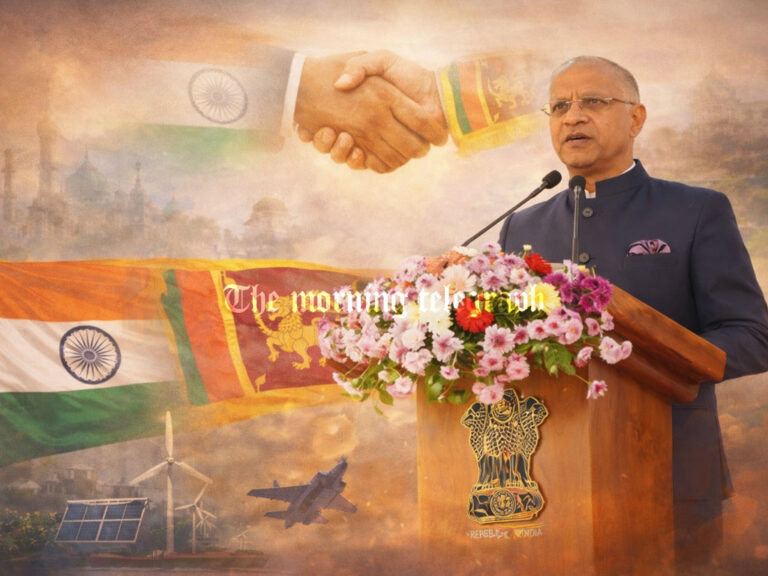
As global dynamics shift, China is poised to strengthen its economic foothold in Sri Lanka through a strategic investment by Sinopec, one of its largest energy conglomerates. The company plans to conduct a feasibility study for its first fully controlled overseas refinery at the strategically located Hambantota port, with the study expected to conclude by June.
This move is part of a broader Chinese initiative to expand its international presence amid domestic challenges such as a slowdown in oil demand and the rise of electric vehicles. The planned $4.5 billion investment by Sinopec would mark the largest-ever foreign investment in Sri Lanka, signaling China’s growing influence in the Indian Ocean region.
The proposed refinery, which aims to meet 20% of Sri Lanka’s domestic fuel needs and allow for exports to generate much-needed hard currency, comes at a crucial time for Sri Lanka, which is currently grappling with a foreign exchange crisis. While the initiative places China in direct competition with India—which has proposed a rival fuel pipeline project—it underscores the strategic importance of Sri Lanka’s geographic location to major Asian powers.
Sinopec’s commitment to expanding in Sri Lanka, coupled with its ventures in Saudi Arabia, reflects a calculated shift in its global strategy following a decline in Chinese oil and gas investments abroad. The company is now focusing on leveraging its expertise and financial resources for a stronger global footprint.
As negotiations with the Sri Lankan government continue, Sinopec is pushing for greater access to the local market, which remains heavily reliant on imports. Despite some resistance from Colombo regarding the terms of domestic market share, the Sri Lankan Power and Energy Minister, Kanchana Wijesekera, has indicated that the government expects to sign an investment agreement by June.
This strategic partnership not only highlights the intensifying competition for influence in the Indian Ocean but also demonstrates China’s intent to secure and expand its economic ties with key regional players like Sri Lanka.




